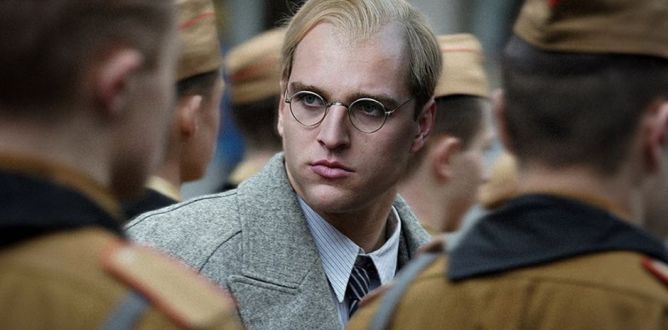Bonhoeffer: Pastor. Spy. Assassin. Parent Guide
An impossible time demands impossible courage.
Watch the trailer for Bonhoeffer: Pastor. Spy. Assassin.
News About "Bonhoeffer: Pastor. Spy. Assassin."
Cast and Crew
Bonhoeffer: Pastor. Spy. Assassin. is directed by Todd Komarnicki and stars Jonas Dassler, Phileas Heyblom, August Diehl.

